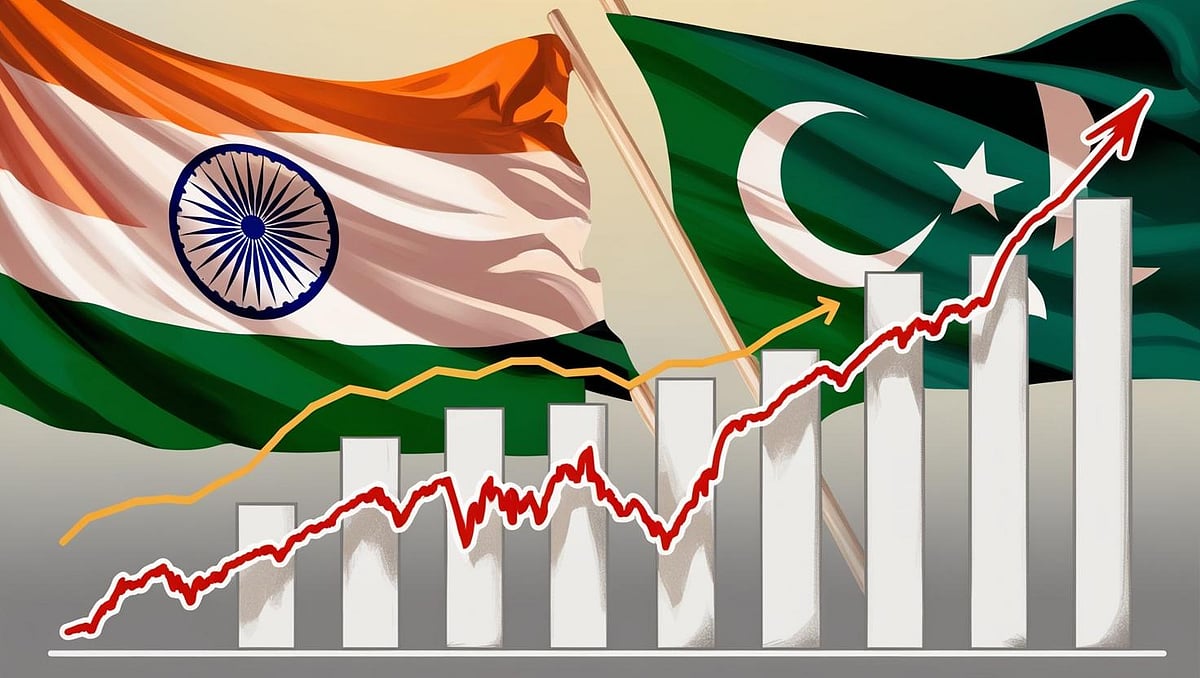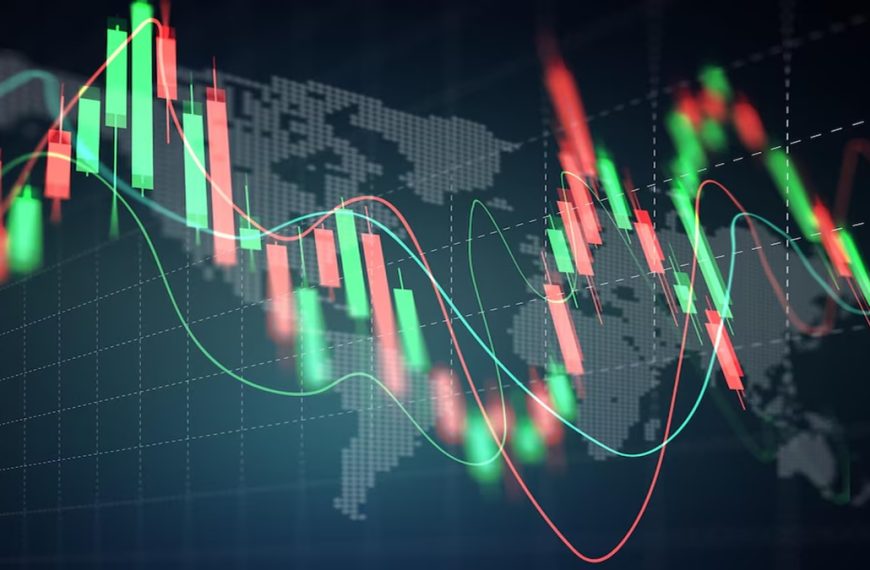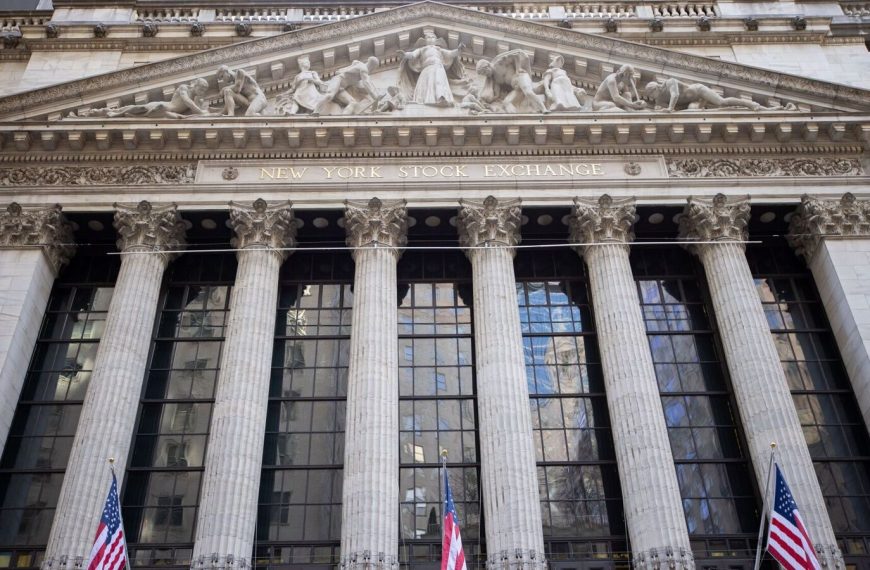In the face of ongoing geopolitical tensions, Samir Arora, the founder and Group CIO of Helios Capital, remains optimistic about the future of Indian equities. He believes that foreign investments could provide essential support to the Indian stock market in the coming months, despite potential short-term fluctuations caused by global events. Arora emphasized that while there might be initial panic during market openings, the likelihood of a military escalation remains low, suggesting that both involved parties are focused on remote operations.
Geopolitical Jitters and Market Stability
Arora predicts that Indian markets may experience a temporary decline of around 2%. However, he notes that previous sell-offs have often led to rapid recoveries. “It’s crucial not to let infrequent geopolitical incidents dictate your investment strategy,” he advised. Long-term investors, he argues, should maintain their positions and remain steady through market corrections. Those who have consistently contributed to their Systematic Investment Plans (SIPs) during recent downturns are already seeing the benefits as markets bounce back.
Foreign Inflows: A Positive Shift for Indian Equities
Looking ahead, Arora foresees a significant shift in the investment landscape, where both domestic and international investors actively participate in the Indian equity market. He pointed out that foreign institutional investors (FIIs) are reconsidering their heavy reliance on U.S. markets, which currently dominate the MSCI World Index at approximately 70%, well above the historical average of 55-60%. This shift opens up opportunities for India as it positions itself as an attractive alternative for capital allocation.
- Key Takeaways:
- Increased interest from both domestic and foreign investors.
- India as a viable option for capital diversification.
Financial Sector Poised for Growth
Arora highlights the financial sector as a key player in this evolving market. He notes that financial stocks, having lagged in performance, are likely to see renewed interest from foreign investors who had previously reduced their stakes. While he anticipates selective buying in consumer and infrastructure sectors as well, he cautions that current valuations may limit substantial gains. “We are unlikely to see a 30% surge, but a 10-15% increase is feasible if earnings growth remains strong.”
For investors with cash reserves, Arora recommends a cautious approach. “Consider making small purchases based on your risk tolerance, but there’s no need to rush,” he advised. He suggests that if investors hold around 3-5% cash, waiting might be the prudent course of action.
Global Trade Dynamics Favor India
On the global front, Arora believes India is well-positioned amid shifting trade dynamics. He cites agreements like the India-UK trade pact and the gradual move away from reliance on China as beneficial for sectors such as textiles. However, he notes that the impact might be limited. He expressed skepticism about significant foreign capital flowing into China, regardless of attractive valuations, as global investors are more likely to diversify their portfolios to include India.
Arora addressed potential tariff adjustments under the previous U.S. administration, stating, “Even if tariffs on Chinese goods are reduced to 50-60%, this is a manageable scenario. Investors expecting a drastic reduction from 135% to zero may be disappointed.”
Despite current geopolitical challenges potentially affecting market sentiment, Arora urges investors to avoid panic selling. Historical trends indicate that markets tend to rebound following such disturbances. “Unless we witness a dramatic escalation—an unlikely scenario—the upward momentum for Indian equities should remain intact,” he concluded.
Stay informed on the latest developments regarding India-Pakistan tensions and their impact on the market.
Relevant Resources
By keeping a close eye on these factors, investors can navigate the complexities of the current market landscape.











